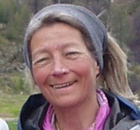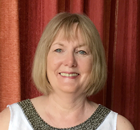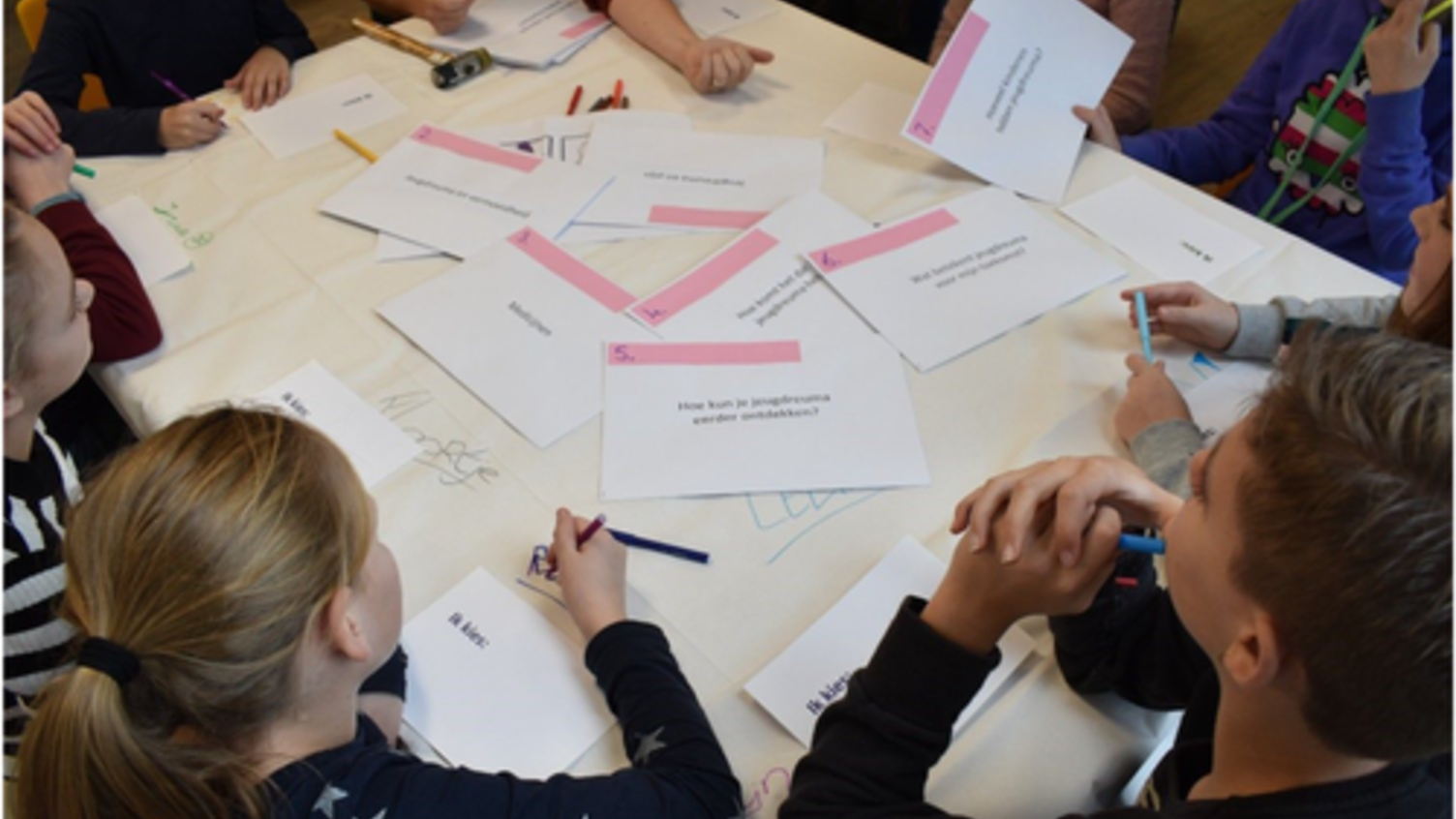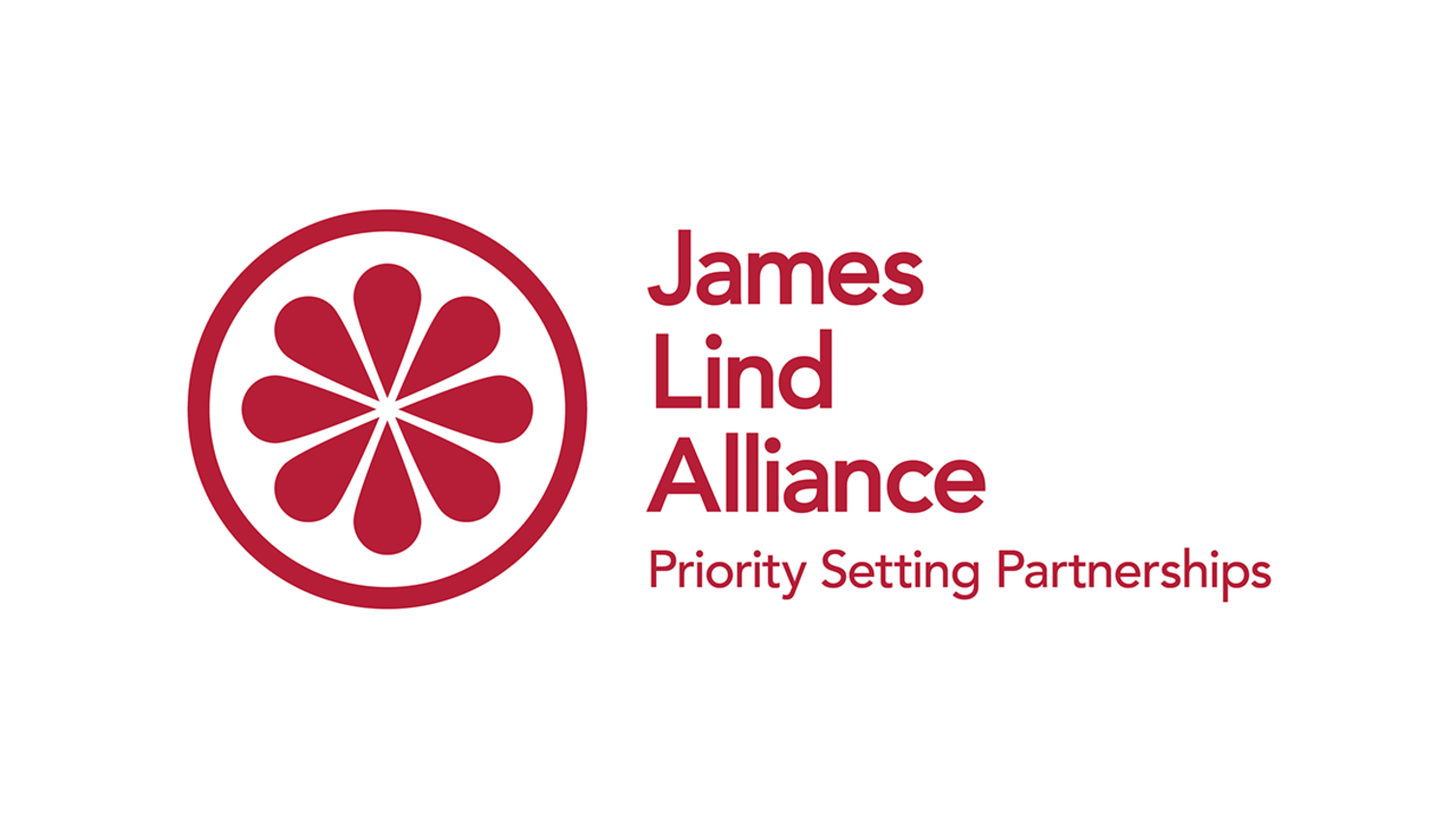Tricia Ellis and Toto Gronlund in conversation: our two newest JLA Advisers talk about what the JLA means to them
- 12 December 2017
- 4 min read
Q:What inspired you to be a JLA adviser?

Toto: The advert arrived just as I was starting to look for new things to do. This is the dream post for me - working with real people, both professionals and people with lived experience, on real issues. I knew of the JLA since 2004, so I couldn’t believe my eyes when I saw they were recruiting for advisers.

Tricia: Yes, it’s the ideal job for me too and, like you, I’ve known about the JLA for a long time and had often recommended its processes to colleagues. I was having lunch with a friend when she mentioned that she’d seen a job advertised which sounded perfect for me (thanks Jane!). I checked it out to find it was exactly the post I was looking for. Right job, right organisation, right time!
Q:What does the JLA mean to you?

It stands for hope, passion and fun.

It’s a great group of like-minded, generous and talented people to work with.
Q:What issues out there do you think you can help with?

It is not so much me, it is me helping the Priority Setting Partnerships. I believe together we can make a difference to research, ensuring that research is translated into practical answers and meaningful outcomes for people.

I think it’s about providing the right environment for patients, carers and health care professionals to share different perspectives and take these into account in their decision making. And whilst the focus is identifying unanswered questions to inform the research agenda, when people see what a difference this approach makes, it has wider benefits.
Q: How does your previous experience help you in your role as a JLA Adviser?

Well, I guess I know the NHS from both the hospital side, and the primary care side. I have also always been passionate about giving the ‘end user’ a voice, whether that be the patient or citizen or professional. Often, we find that systems are imposed on us; the JLA is an opportunity to change this conversation.

I’ve also worked in the NHS and primary care, and although you and I have discovered we have many mutual contacts, we’d never met before we joined the JLA. Spookily, we both originally trained as physicists! More recently I’ve worked in the NIHR Clinical Research Network, so I understand the clinical research environment and particularly appreciate the importance of getting research questions right and relevant from the starting point.
Q: What have been your best JLA moments so far?

Ooh, this is a tough one, but for me this has to be the final workshops. They are always great; a real sense of collective achievement, pride and genuine hope for a different future.

I agree. People get the opportunity to speak about their experiences in a safe environment, with people who really understand and can empathise.
Q: How far do you think the JLA can go?

As far as it wants! The JLA could, and should, be part of everyone’s consideration when they think about research.

It’s already going international with JLA PSPs in Canada, Europe and interest in doing one in Africa! But I agree, if we can embed this approach into the process for all major research funders, that would increase returns on investment by ensuring research relevancy. We’ve also seen PSPs which go beyond the initial idea of research on clinical treatment uncertainties, moving into prevention, diagnostics, social care and life style – all of which are vital to our health and well-being.
Q:Are there things you would change about the JLA?

Well that’s a question for the PSPs too – and all PSPs are asked to give us feedback during the process, and after the final workshop. My views are a bit limited, but parts of the process can seem a bit daunting. I guess it is my job to help a JLA PSP see it in manageable, bite-size chunks. I don’t think all PSPs realise at the start that it really could take 2 years….

Fresh eyes can make an important contribution. By asking what may seem a basic question, it often starts a discussion on why things are done in a certain way. That said, the JLA recognises the importance of evolving and I’ve never heard “because we always do it like that!” as the answer to a question. I think it could be helpful to develop a more formal process for the dissemination of the Top 10, the development of research questions, working with funders, and monitoring the impact that we have.
Q: What do you think motivates PSPs?

The same thing that motivates me and all of the JLA team - the chance to come together and make a difference, and change the conversation around research.

Yes, and other practical things, like a wish to be seen to work transparently and be inclusive, to increase the amount of research funded, to improve the chances of getting research funded, to raise the profile of a particular area of therapy/treatment and not least to gain the JLA seal of approval.
Q: Are there important health and therapy areas which the JLA has not yet supported?

There are lots. Only the other day I was explaining to a friend what the JLA was about, and they wanted to know about the value of ‘dog’ therapy, for example for dementia, children, care homes and palliative care. I would be up for that!

We’ve been discussing recently how best to work with children and just as Generation R is showing how children and young people can improve the design and delivery of research, I think there’s lots of scope for tapping into that expertise at the JLA stage. JLA has just completed 50 PSPs and is well on its way to 100! In the PSPs I’m working with, I’ve heard people say “we could do another PSP on that”, so the possibilities are exponential!


